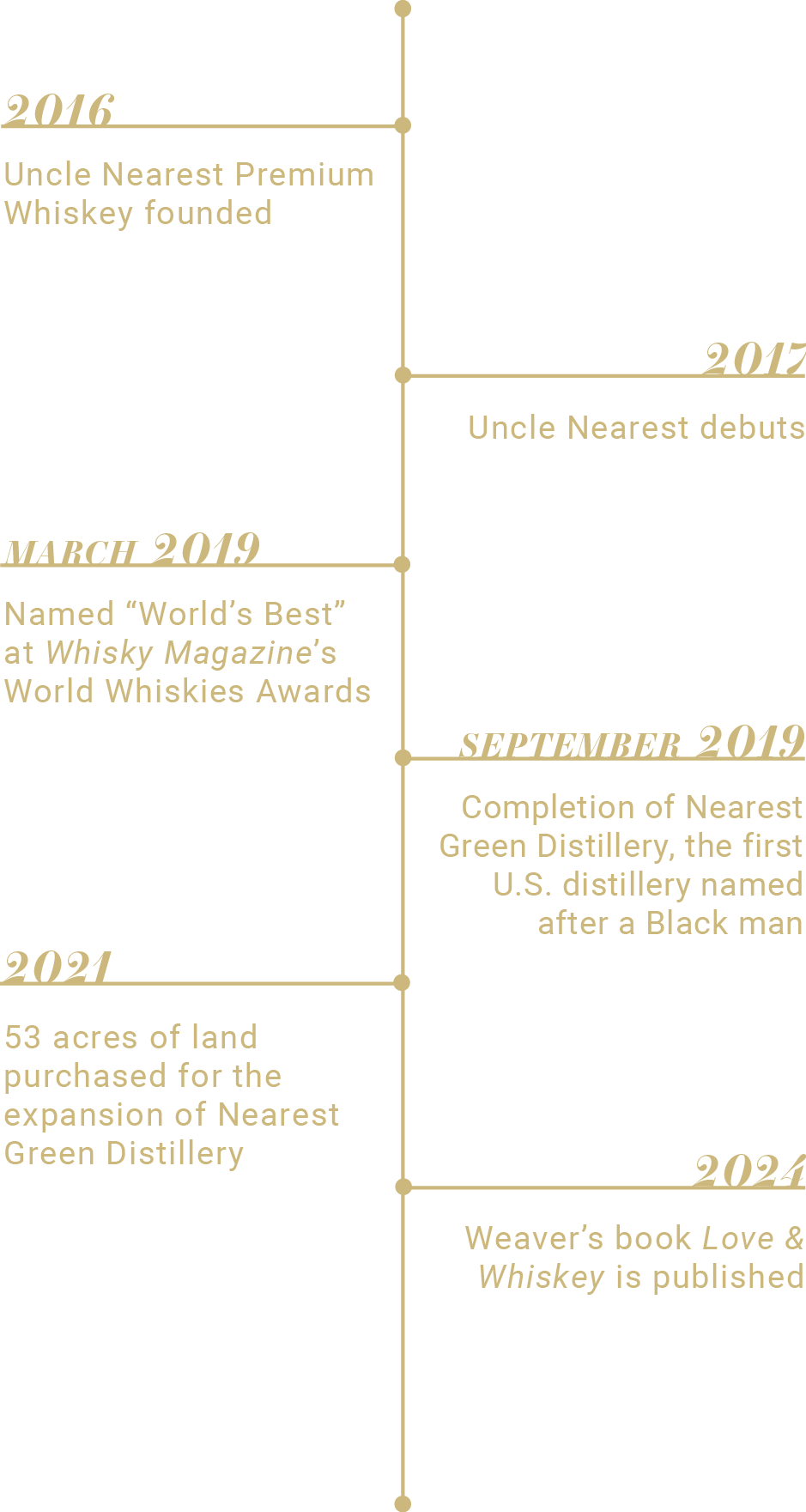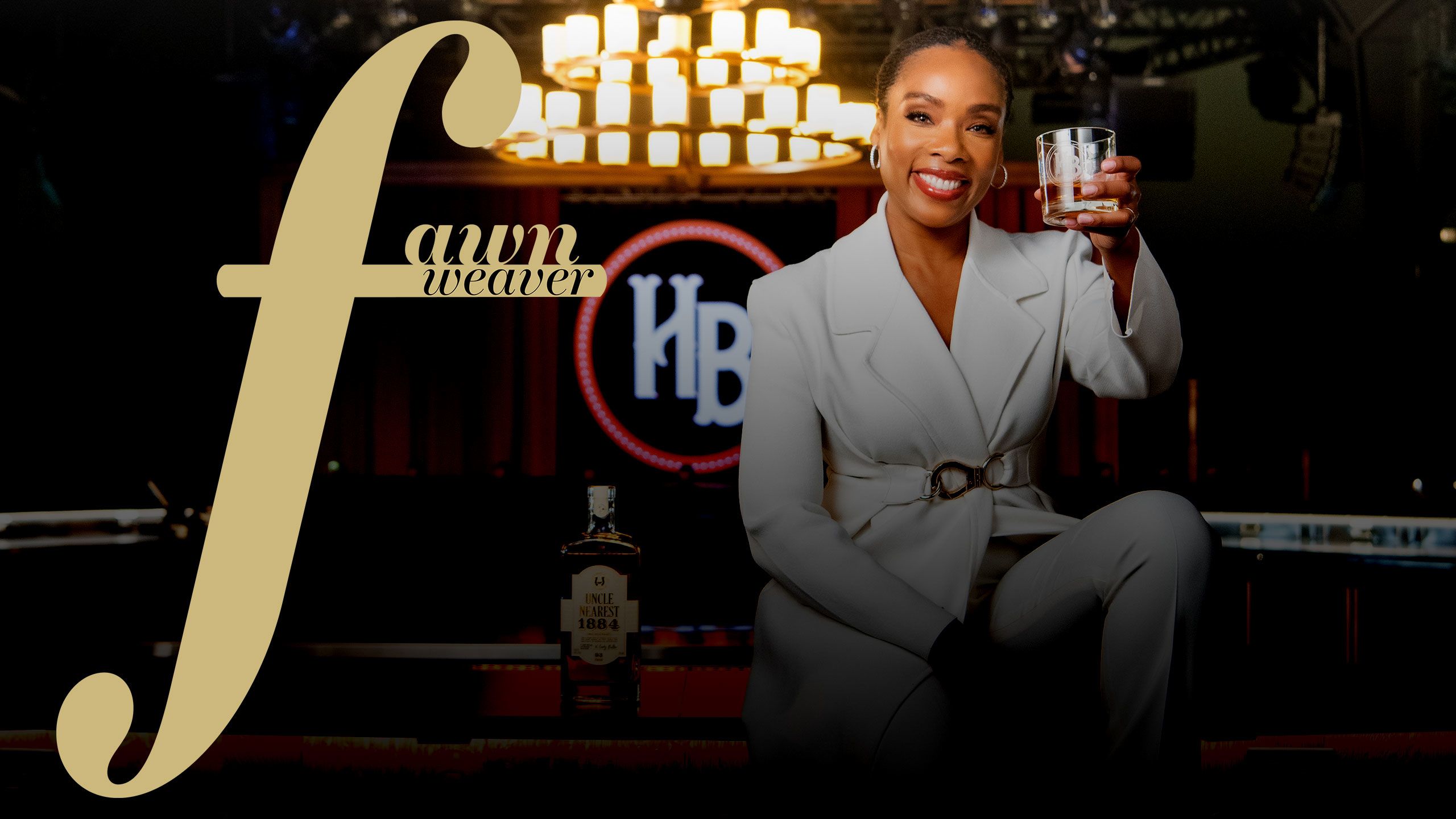
Fawn Weaver ’23, recently named one of Forbes’ richest self-made women in the country, prefers to complete a project once it’s started. That’s why she went back to school to earn her degree, 25 years after first pursuing it. She did it through UA Online’s New College LifeTrack program. The success of the football team was a big reason she picked Alabama. “It was that easy,” she said of the decision.
Story by Edwin Stanton ’96
Photos by Andrea Hutchinson and Heather Durham
Fawn Weaver has been a successful entrepreneur for most of her life. But it’s the art of storytelling that defines her best. It just comes naturally to her. In everything she’s accomplished professionally, storytelling has been the through line. It’s a bit ironic because the story of Weaver, founder and CEO of Uncle Nearest Premium Whiskey, is an amazing tale itself.
To understand how Weaver created a billion-dollar business with worldwide success in just a few years, you have to be familiar who she is at her core. She grew up in Pasadena, California, the daughter of Frank and Philomina Wilson. Frank left a career as a Motown recording artist and songwriter to be a preacher. Then came Frank’s ultimatum—live by his rules or leave. She chose to leave.
At age 15. She could have returned home and accepted her father’s terms. She wanted to live by her own rules.
“I don’t recall ever having a thought that I would need to go back,” she said.
Weaver thrived on her own and started a public relations company at age 18. She has overseen several successful business ventures through the years. She’s also dealt with setbacks, something that made her stronger.
“You’re looking at a person who just refused to give up and kept pivoting and throwing out advice that I didn’t think was relevant.”
Ignoring others and standing firm on her own principles has been paramount on Weaver’s path to success. One of those principles is seeing herself as an asset.
“I have never looked at myself as being disadvantaged because I’m African American or because I’m a woman,” she said. “I’ve always looked at it as my greatest advantage.”
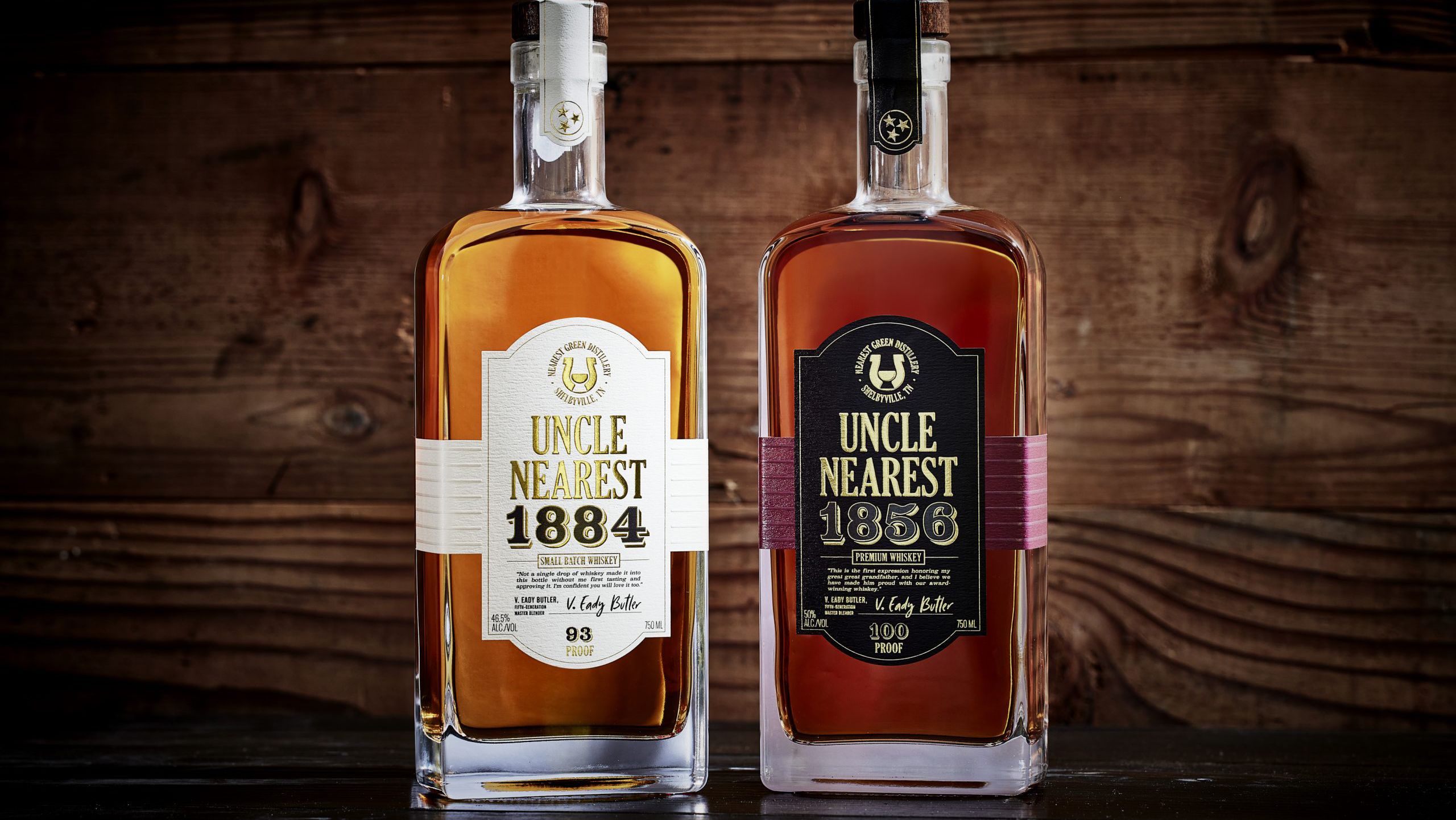
UNCLE NEAREST
Weaver never planned on owning a whiskey business. All she wanted was to bring to light the story of a former slave who had a major impact on the Jack Daniel’s legacy.
She stumbled upon the story of Nearest Green in an article in The New York Times while on vacation. Her instinct was to go to Lynchburg, Tennessee, and get the whole story.
Weaver was introduced to family members of Green and Daniel and visited the home of Jack Daniel. Also on the property was the original Jack Daniel No. 7 distillery. She and husband Keith fell in love with the house, which happened to be for sale. They didn’t hesitate and bought it.
Later, an idea started to percolate. Writing about Green’s legacy was certainly worthy of pursuing, but a better way to honor Green, the first known African American master distiller, was to start a whiskey business with his namesake.
The idea turned into reality and Uncle Nearest Premium Whiskey was born. It’s the fastest-growing American whiskey brand in U.S. history and the best-selling Black-owned and -led spirit brand.
The business is expanding beyond whiskey. Weaver said her company owns one of the largest champagne vineyards in the city of Cognac, France.
“What’s next is a pretty massive company that we’re building in France that is dedicated to a completely different story that ties into American history. It’s another amazing story that we don’t know about, and I get to be the one to bring that forward and to build an entire cognac company around it.”
UNCLE NEAREST
Weaver never planned on owning a whiskey business. All she wanted was to bring to light the story of a former slave who had a major impact on the Jack Daniel’s legacy.
She stumbled upon the story of Nearest Green in an article in The New York Times while on vacation. Her instinct was to go to Lynchburg, Tennessee, and get the whole story.
Weaver was introduced to family members of Green and Daniel and visited the home of Jack Daniel. Also on the property was the original Jack Daniel No. 7 distillery. She and husband Keith fell in love with the house, which happened to be for sale. They didn’t hesitate and bought it.
Later, an idea started to percolate. Writing about Green’s legacy was certainly worthy of pursuing, but a better way to honor Green, the first known African American master distiller, was to start a whiskey business with his namesake.
The idea turned into reality and Uncle Nearest Premium Whiskey was born. It’s the fastest-growing American whiskey brand in U.S. history and the best-selling Black-owned and -led spirit brand.
The business is expanding beyond whiskey. Weaver said her company owns one of the largest champagne vineyards in the city of Cognac, France.
“What’s next is a pretty massive company that we’re building in France that is dedicated to a completely different story that ties into American history. It’s another amazing story that we don’t know about, and I get to be the one to bring that forward and to build an entire cognac company around it.”
“I don’t expect a clear track on my race. I expect hurdles. Hurdles are just challenges. It doesn’t matter if you knock them over; it doesn’t matter if you fall down. Your focus is always on keeping the rhythm, getting back up, jumping over the hurdle, jumping over the challenge and just simply finishing your leg of the race.”
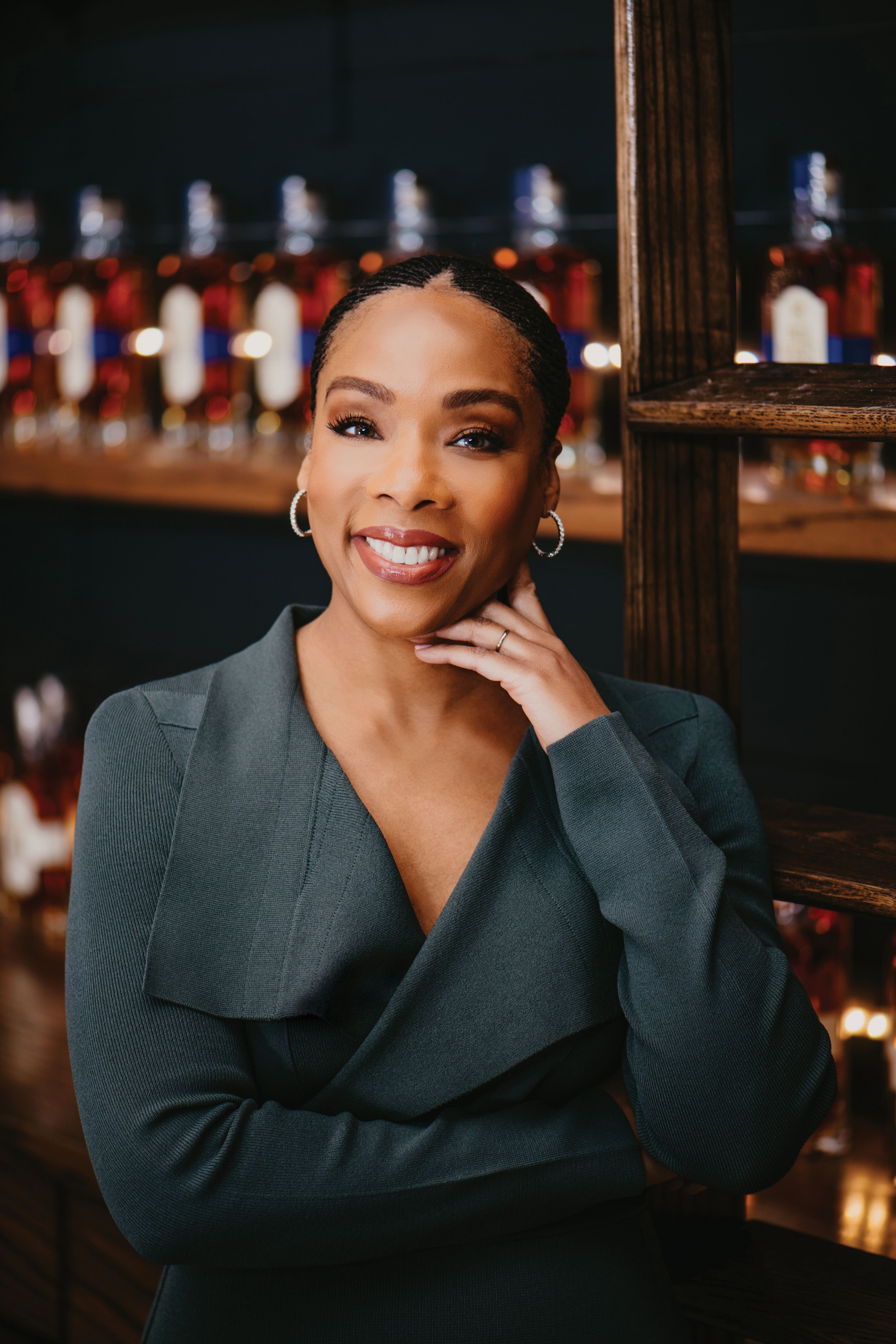
Part of Weaver’s strength as a businesswoman, best-selling author, marketing guru and public speaker comes from doubters. She takes great joy in proving them wrong. She started a fledgling Black-owned whiskey company in 2016 and turned it into a successful, award-winning brand while competing against other labels that have been well established for more than a century.
Where others failed, she succeeded.
“The ones that failed are the ones that gave up,” Weaver said. “You cannot fail unless you first give up. No one who is a woman or person of color had ever succeeded as an owner and founder in this industry. So most of the advice that people would give I would just ignore, respectfully so, but I would ignore it and tell them I’m going to ignore it because
I had to forge a new path.”
Weaver also draws strength from her ancestral roots. When slaves came to the U.S., the journey was a hardship unlike any other. Weaver feels a special connection to those who endured before her.
“The only way you could have made that journey to America is you had to be so mentally tough, physically tough, emotionally tough and spiritually tough,” she said. “About 388,000 made it to our shores. [My husband] Keith and I are the descendants of those 388,000 that were mentally, physically, emotionally and spiritually some of the toughest people to ever live in America. When I walk into a room, I am a descendent of those 388,000.”
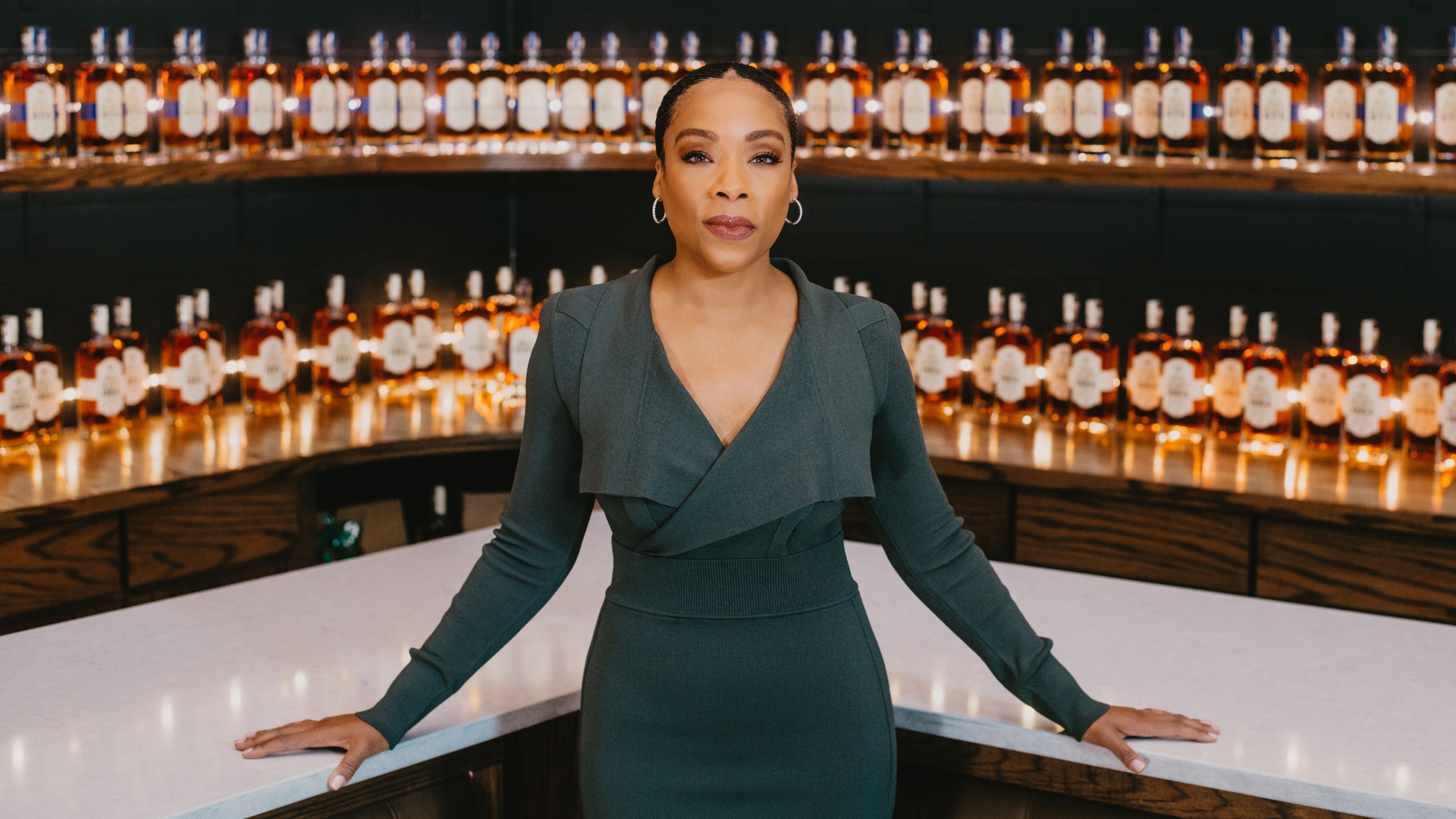
LOVE & WHISKEY
When Weaver set out to tell the story of Nearest Green, she wanted to introduce the world to one of the greatest and least-known American stories.
She sifted through countless historical documents and spoke with hundreds of people. What she found was a story of love, honor and respect.
Her book Love & Whiskey honors Green, a former slave who was a mentor to a young Jack Daniel in the whiskey-making process. The rest is history for the Jack Daniel’s legacy.
The story was far from complete, or accurate. The narrative was that Daniel made sure Green’s contributions were hidden. Far from it.
“People just made the assumption that because of when it took place, where it took place and who it took place among that it had to be negative,” Weaver said. “That story spread around the world with no foundation, with no actual facts whatsoever.”
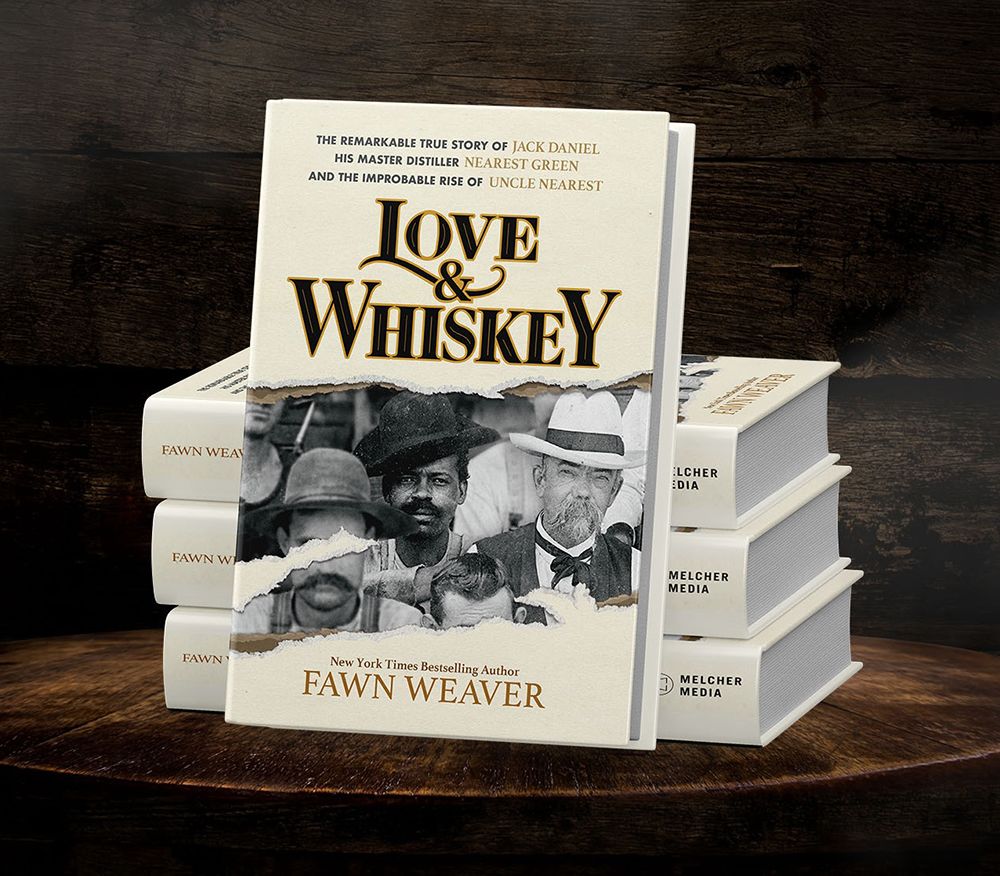
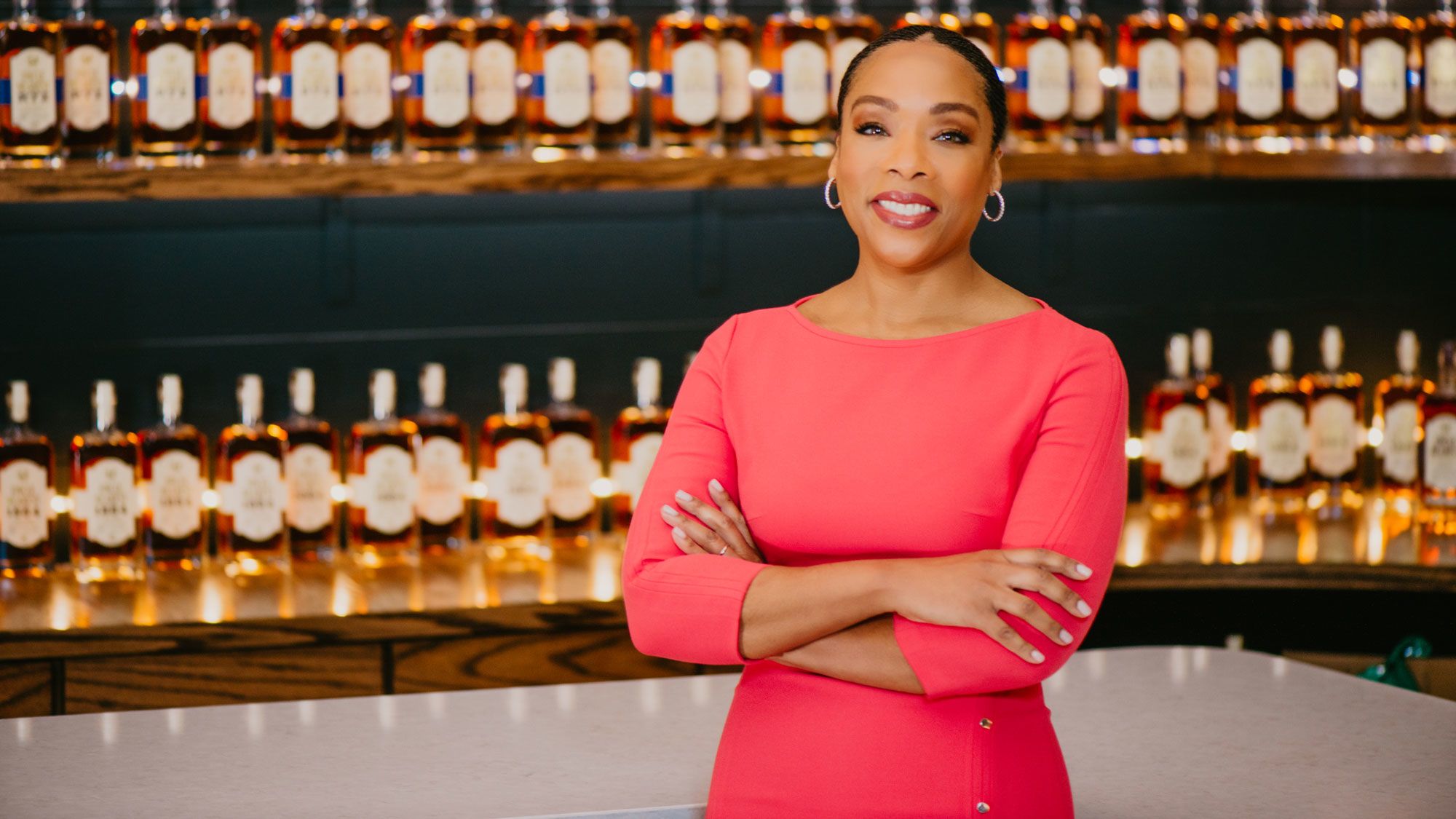
The truth is, Daniel and Green’s relationship was one of equality. The fact the relationship occurred in that era in American history makes it more remarkable.
“You are essentially talking about someone who in our country was considered property and not a person,” Weaver said of Green. “It’s not that dissimilar to branded cattle. So imagine this is how the world is seeing this person, and then you have someone like a Jack Daniel that comes along and says no, I see you as my brother. I see you as my equal. I see you as a human being," Weaver said. “That was above what America was requiring at that time. It was opposed to what America was suggesting at that time.”
New College LifeTrack at The University of Alabama
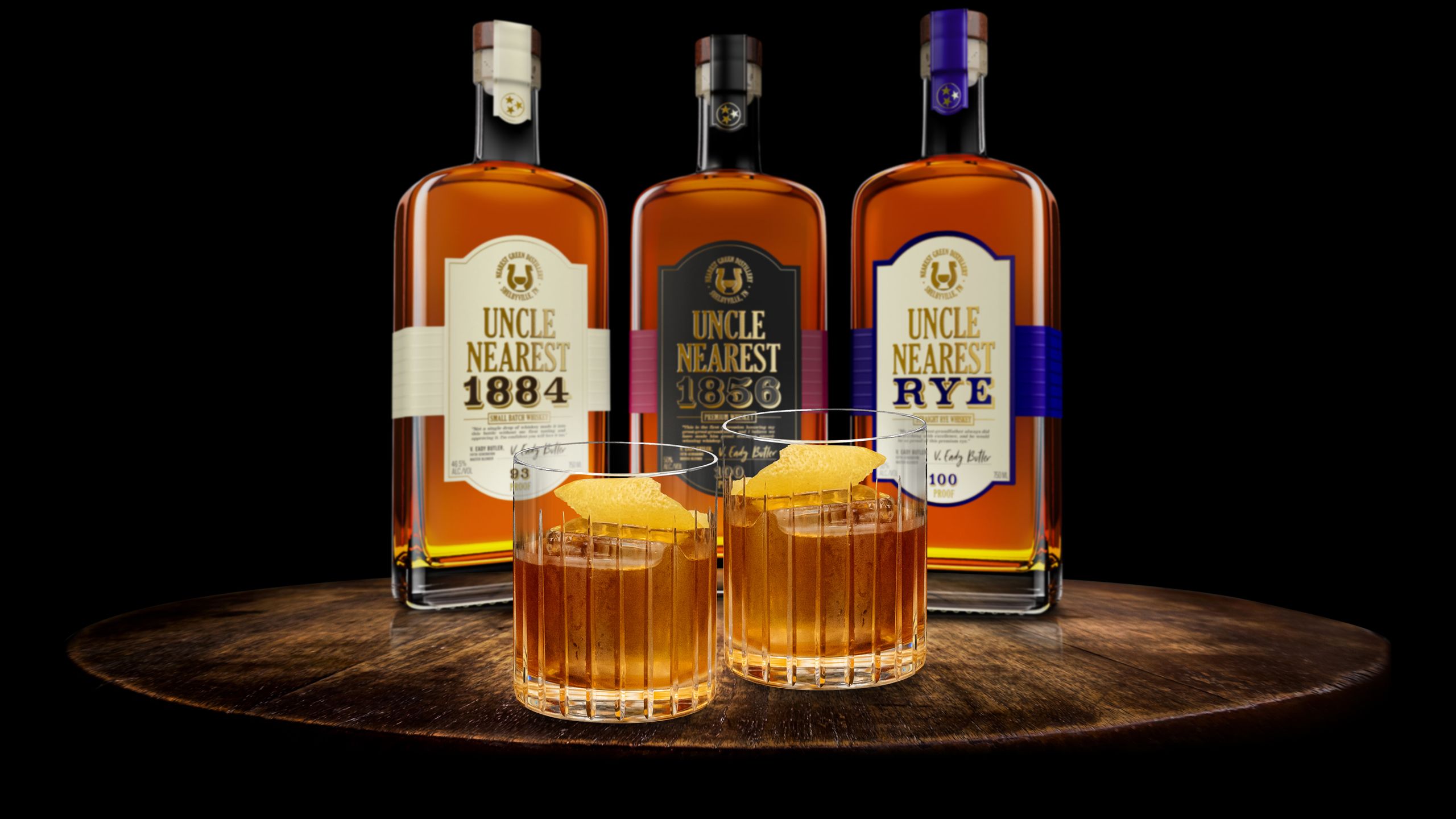
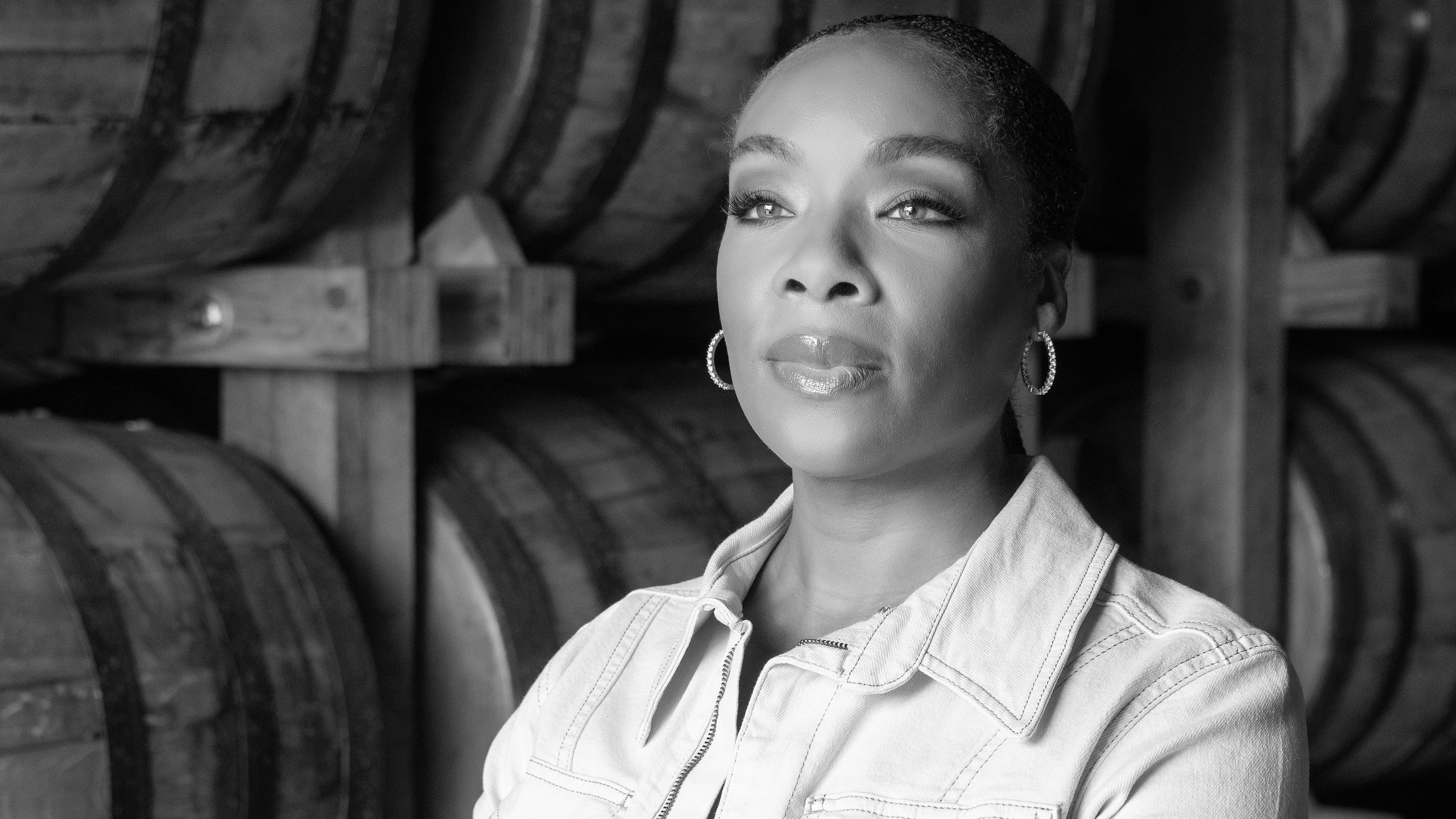
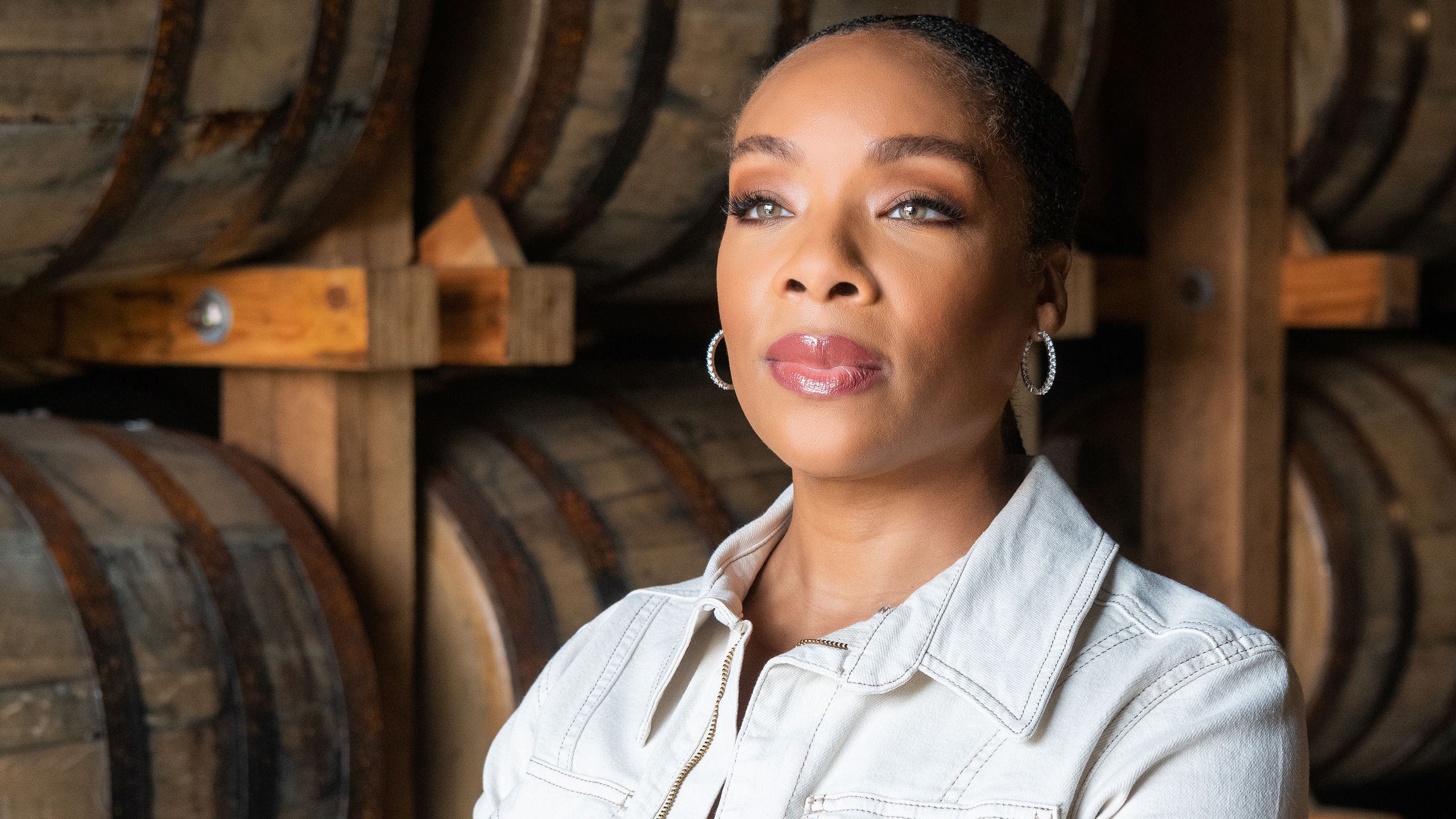
Read more stories about Bama’s best and brightest—join the National Alumni Association and receive 4 issues of Alabama Alumni Magazine each year.






